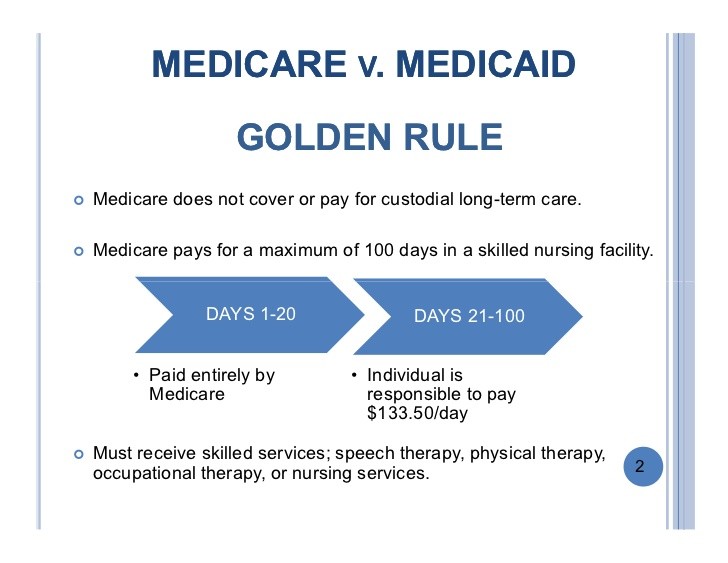Does Medicaid Treat Savings Bonds as an Asset
Post on: 9 Июль, 2015 No Comment

100% helpful
It seems that you’re asking about rules for Medicaid coverage of nursing home care. Medicaid will only cover the nursing home costs of someone who has very low See also:
See all 406 questions about Paying for Care income and few assets. If your father’s legal ownership interest in the savings bonds puts him over the Medicaid eligibility limit for assets, he would have to spend the amount of his interest in the bonds (down to the Medicaid limit, which is usually $2,000 in cash or other liquid assets) before Medicaid would begin covering his nursing home costs.
The tricky part here is determining, under Medicaid rules, how much of the value of the bonds belongs to your father and how much to you. That might depend on any of several different factors: whose money was used to purchase the bonds; what the intent was of whoever bought the bonds (that is, were you ultimately intended to have the money, or was the money always to be shared with your father); what type of bond it is; the exact wording on the bonds (whether you or your father is different from you and your father); and what the law says about joint ownership of bonds in the state where you live (or as you put it, whether the asset is available to your father). The more of these factors that point toward your full ownership of the bonds, the better chance there is that Medicaid will not count any of the value of the bonds as your father’s asset. Simple physical possession of the bond papers themselves, however, are not likely to be an important factor, unless they are bearer bonds, which are no longer issued and are fairly rare.

If you cash in the bonds now and keep all the money yourself, Medicaid MIGHT consider that to be evidence that the bond assets were entirely yours and not your father’s, and therefore wouldn’t count any of the bonds’ value when deciding his eligibility. But Medicaid might decide instead that your taking the money was simply a gift from your father to you of his portion of the bonds’ value. If Medicaid does consider it a gift, then the Medicaid look-back rules apply. If Medicaid determines that your father has made you a gift of the bond funds within 5 years (not 7 years, as someone told you) of his application for Medicaid nursing home coverage, this look-back rule means that Medicaid will delay his coverage. The length of the coverage delay is calculated by dividing the gift amount by the average monthly nursing home cost in the state. For example, if the amount of the gift is $25,000 and the average nursing home cost in your father’s state is $5,000 per month, his Medicaid eligibility would be delayed for five months ($25,000 divided by $5,000 = 5 months). The coverage delay would begin from the date he applied for Medicaid.
Because figuring out this question can be so complicated, you may need to consult with a lawyer who is familiar with your state’s Medicaid rules. This would certainly be worth doing if the amount of the bonds is substantial, meaning that a wrong decision about them could delay your father’s Medicaid coverage for a lengthy period.














